During the first fifteen days of August there were about a thousand daily fires in the region, a higher figure than last year, when the problem first got out of control.
It’s been a year since newspapers and TV newscasts from around the world opened with dramatic images of the Amazon fires. Videos and photographs showed uncontrolled and enormous fires relentlessly burning thousands of hectares of the lungs of the planet, causing consternation around the world. The gravity of the situation even led to a diplomatic crisis between Europe and Brazil—the latter country’s leader, Jair Bolsonaro, has gone so far as to deny that there are fires in the Amazon rainforest at all.
Now, however, it’s hard to find references to the Amazon in the media. Has the uncontrolled burning of forests in the area stopped? The answer is very clear: no. During the first fifteen days of August, about 15,000 fires were recorded, which means that in this short period of time there were an average of a thousand fires a day, a figure that should make us shudder. In 2019, all previous rcords were broken with the 70,000 fires detected in the area. This year, if the current pace continues, it will be even worse.
"It’s a very worrisome situation," says Luis Suárez, WWF conservation coordinator, who believes that the increase in the number of fires is due to the permissiveness of the governments in the region. "It's a matter of political will. Fighting fires is becoming increasingly complicated, and in the case of the Amazon we have serious doubts about the will of the Brazilian government to stop this situation," says Suárez, who speaks of the government’s largely symbolic moves, such as sending the army to put out the fires.
The Brazilian government also announced a 120-day ban on fires in the Amazon, something that hasn’t worked either, given the high numbers that are being recorded. "Bolsonaro does one thing and says the opposite. The problem isn’t ending, there is no interest, and some look the other way to let things happen,” laments the WWF conservation coordinator.
The same idea is stated by the head of the Amazon campaign at Greenpeace Brazil, Cristiane Mazzetti, who considers that "the figures show that banning the fires doesn’t work. It’s essential that the Brazilian government restores surveillance capacity and returns its powers and budget to agencies that specialize in curbing environmental destruction. But the Bolsonaro administration is still in the process of systematically dismantling environmental protection and undermining the work of these agencies.”
The causes and effects of the fires
Contrary to what may be the case in other parts of the world, fires in the Amazon are not accidents. Basically, the burning takes place for two reasons: the main one is deforestation, that is, burning the forest to leave the area free for soybean plantations or pastures for livestock, and to supply the global meat market. "The main intention when setting fire to the jungle is to convert the area into a different habitat that can be used for things like raising cattle or raising crops," says Suárez.
There are other activities, such as mining, that lead companies to cause these types of fires in the Amazon jungle. The effects, in any case, are devastating, first and foremost for the local indigenous populations, who live in these forests and whose subsistence depends on them.
The consequences are also devastating on a global scale, as the Amazon is the Earth’s lungs. "It’s one of the most emblematic places in the world, it has a tremendous biological function, there are more than 40,000 species of fauna and flora in it, many of them endemic," explains Suárez, who remarks that the jungle accumulates 20% of the planet’s fresh water and captures 10% of the total CO2 we emit into the atmosphere.
The proliferation of animal-transmitted diseases, as well as future pandemics, are also other possible consequences of the deforestation of the Amazon. "We’re coming into contact with areas that used to be inaccessible, with species that are new to us, that are captured and traded with," says Suárez. “Losing forests like the Amazon is a real tragedy for the health of the planet, and, therefore, for our own health and our future,” he says.
The work of the organizations
WWF has created a petition to save the planet’s lungs from the flames and to protect its biodiversity. "The campaign has two purposes: to draw society’s attention to this issue, because it’s not having the same impact as other issues even if the problem is equal or greater, and to mobilize society to ask political leaders of the countries in the area to take urgent measures to stop this deforestation and to protect the Amazon", explains Suárez.
The petition also includes the intention to ask the Spanish government to commit to the conservation of the Amazon forests, as well as Spanish companies working in the Amazon not to invest in projects that destroy forests and nature. This summer, Greenpeace asked Banco Santander to stop financing the livestock sector involved in this problem.
It’s the job of such organizations to pressure governments to take urgent action to prevent disaster, but it is, in fact, everyone's job. We have to take care of the planet’s lungs to survive, before it’s too late.
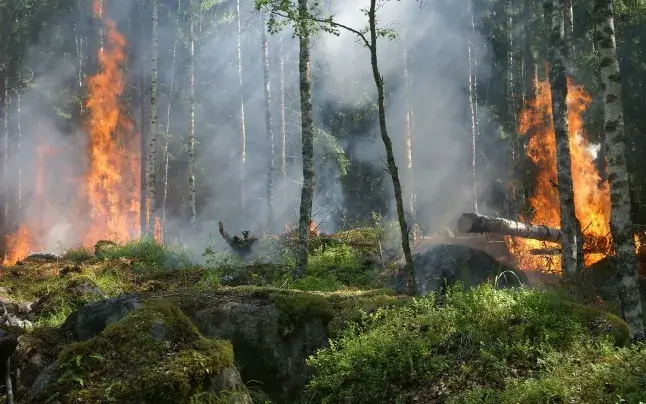
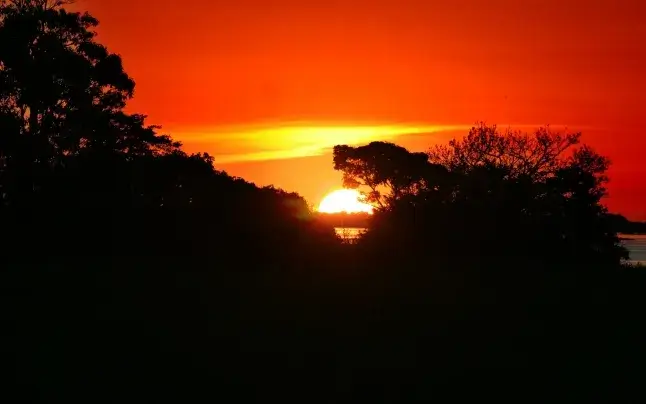


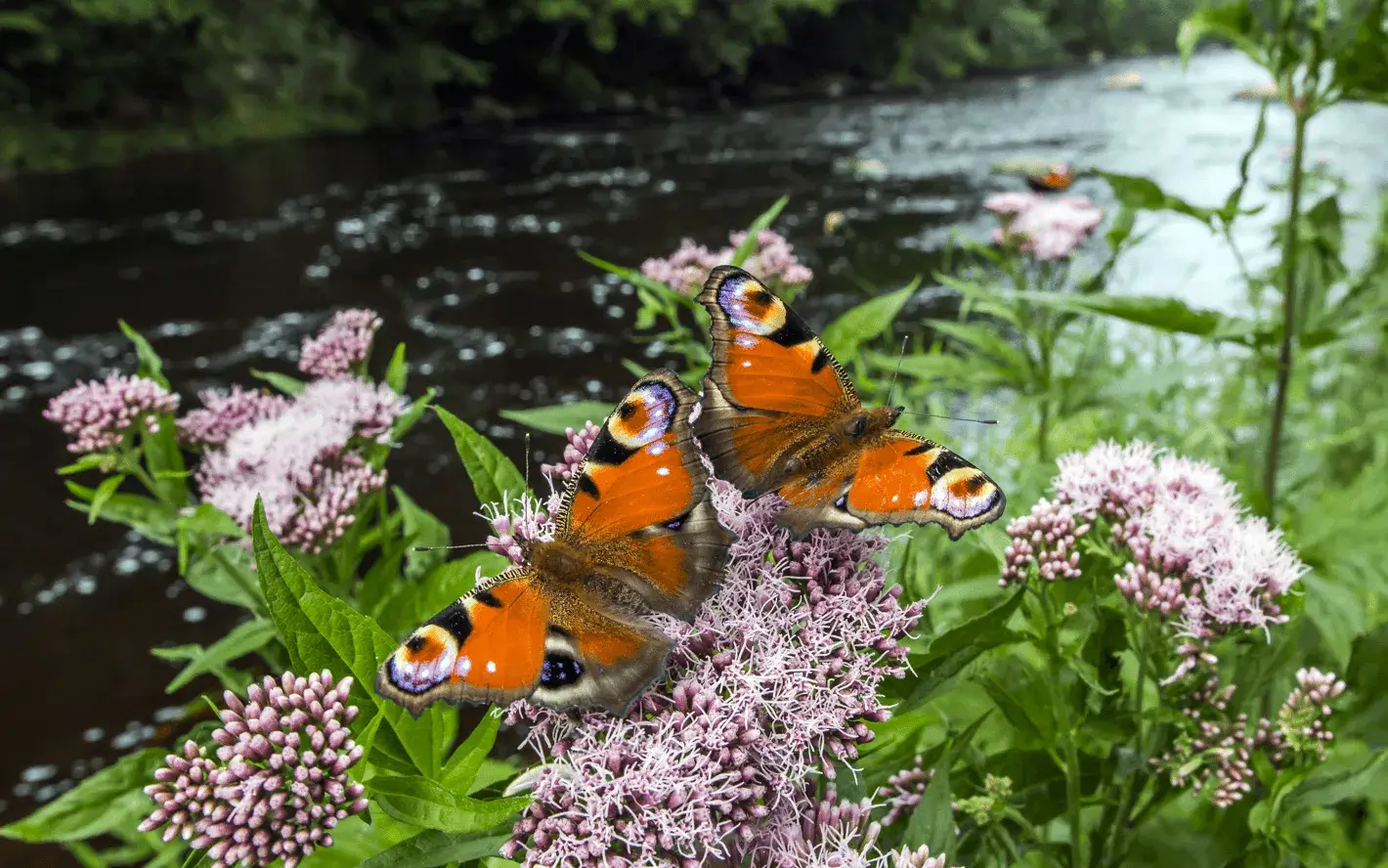
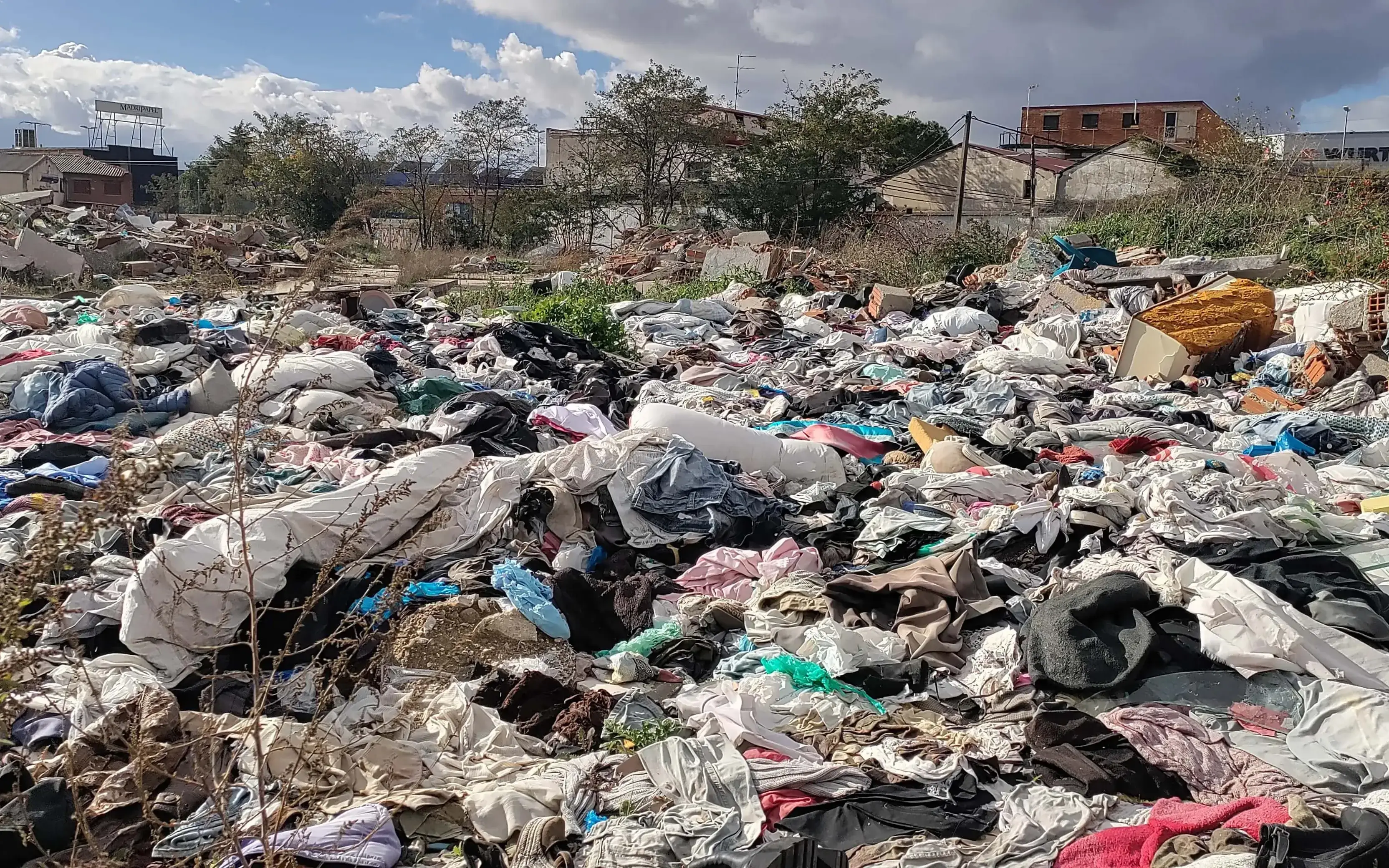
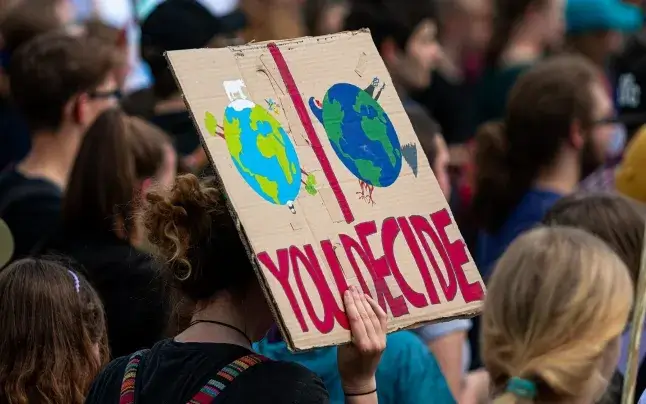
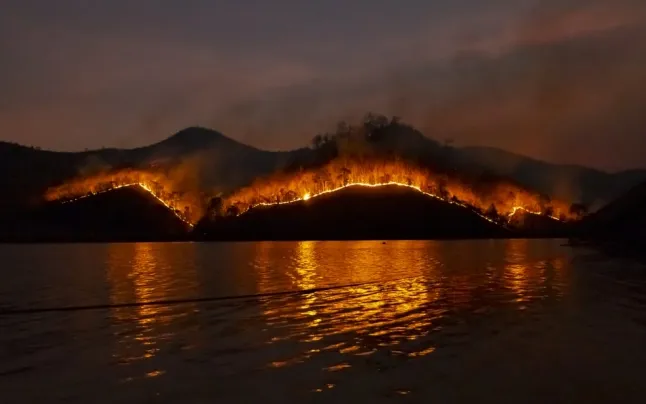
Add new comment